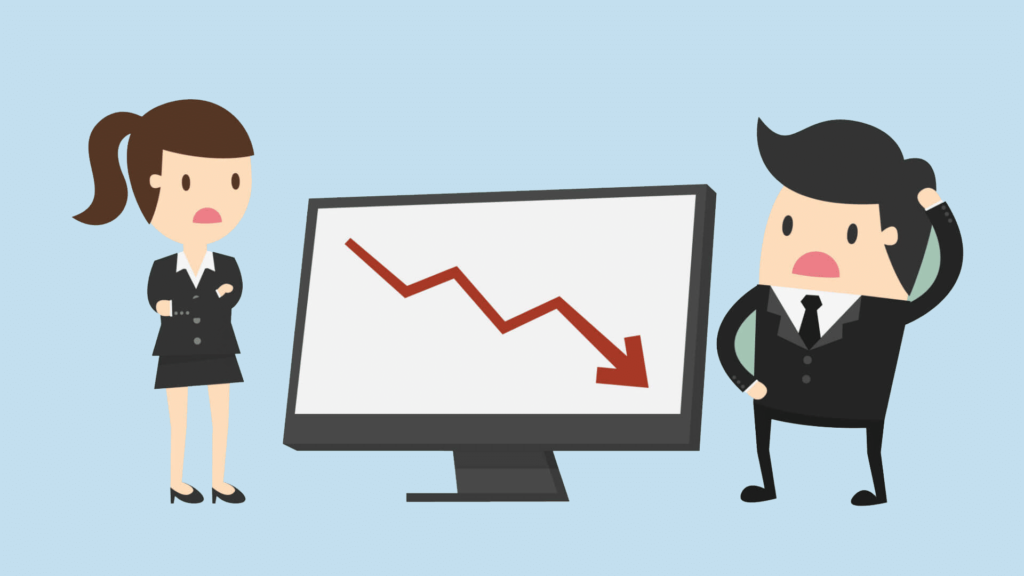Introduction:
Achieving and maintaining a high SEO ranking is a continuous effort that requires vigilance and adaptability. However, despite your best efforts, there may come a time when you notice a sudden drop in your SEO ranking. This unexpected twist can be disheartening, but fear not – in this guide, we’ll explore the potential reasons behind a sudden ranking drop and provide actionable steps to help you reclaim your position in the digital landscape.
Conduct a Thorough Analysis:
The first step in addressing a sudden SEO ranking drop is to conduct a comprehensive analysis. Examine changes in keyword rankings, organic traffic, and key performance indicators (KPIs) using tools like Google Analytics, Google Search Console, and third-party SEO tools. Pinpoint the exact time when the drop occurred to identify potential triggers.
Algorithm Updates:
Search engines regularly update their algorithms to provide users with the most relevant and valuable results. A sudden ranking drop could be a result of a search engine algorithm update. Stay informed about recent algorithm changes from major search engines like Google. If your drop coincides with an update, adjust your SEO strategy to align with the new criteria.

Check for Manual Penalties:
Search engines may penalize websites for violating their guidelines. Check Google Search Console for any manual actions or penalties against your site. Address any issues, such as duplicate content, unnatural links, or thin content, that may have triggered the penalty. Once resolved, submit a reconsideration request to have the penalty lifted.
Review On-Page SEO Elements:
Assess your on-page SEO elements, including title tags, meta descriptions, header tags, and keyword usage. Ensure that your content aligns with user intent and is relevant to your target keywords. Optimize on-page elements to improve the overall quality and relevance of your pages.
Examine Backlink Profile:
Backlinks play a crucial role in SEO, but a sudden influx of low-quality or spammy backlinks can harm your rankings. Use tools like Ahrefs or Moz to analyze your backlink profile. Disavow any toxic or irrelevant links and focus on building high-quality, authoritative backlinks to restore your site’s credibility.
Content Quality and Relevance:
Content is the backbone of SEO, and a drop in rankings may be attributed to poor-quality or outdated content. Review your existing content, update where necessary, and ensure it aligns with current industry standards. Aim for comprehensive, valuable content that satisfies user intent.
Mobile-Friendliness:
With the mobile-first indexing approach adopted by search engines, ensuring your website is mobile-friendly is paramount. Use Google’s Mobile-Friendly Test to evaluate your site’s mobile performance. Responsive design and fast loading times on mobile devices contribute significantly to SEO success.

Technical Issues:
Technical glitches can have a profound impact on your SEO rankings. Check for issues like broken links, crawl errors, or server issues. Utilize Google Search Console’s ‘Coverage’ report to identify and resolve any technical issues that may be hindering your site’s visibility.
Social Signals and User Engagement:
Social signals and user engagement metrics are increasingly considered by search engines. Evaluate your social media presence, monitor user engagement on your website, and encourage social sharing. Engaging content that resonates with your audience can positively impact your SEO rankings.
Reassess Competitor Landscape:
The competitive landscape in your industry may have evolved, and your competitors might have implemented new strategies. Reassess your competitors’ activities, keyword targeting, and content strategies. Identify opportunities to differentiate yourself and regain a competitive edge.
Conclusion:
A sudden drop in SEO rankings can be a challenging situation, but it’s also an opportunity to reassess and strengthen your digital presence. By conducting a thorough analysis, addressing potential issues, and staying proactive in adapting your SEO strategy, you can navigate through the storm and reclaim your position in the search engine results. Remember, SEO is a dynamic field, and continuous monitoring and adaptation are key to long-term success.

